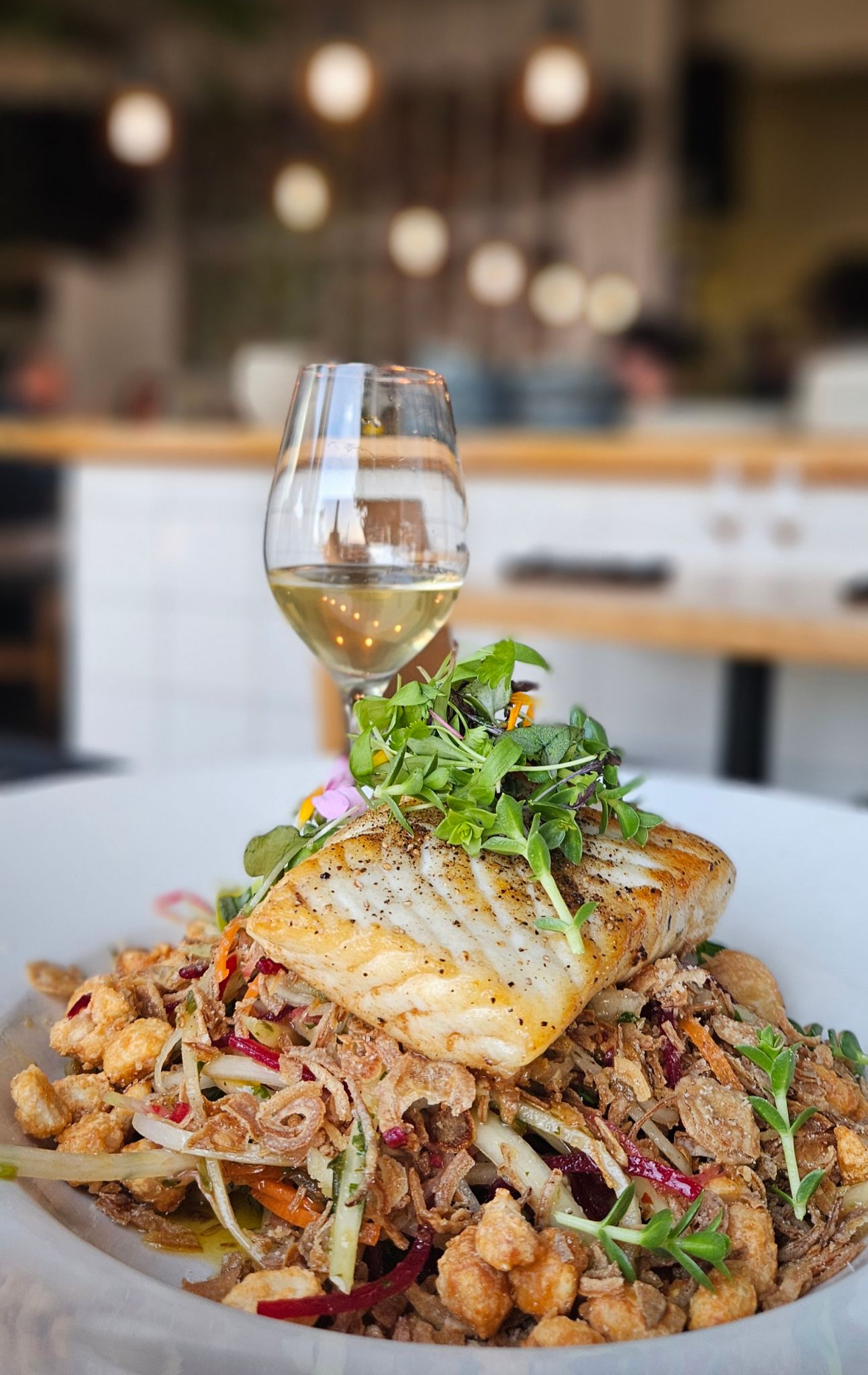The Art of Modern Lebanese Cuisine: Tradition Meets Innovation
Exploring the Rich Heritage of Lebanese Cuisine
Lebanese cuisine is a celebration of flavors, textures, and aromas, deeply rooted in its rich cultural heritage. It is a tapestry woven from the diverse culinary traditions of the Middle East, with influences from the Phoenicians, Ottomans, and French colonists. At its core, Lebanese cuisine is about fresh ingredients and simple yet bold flavors that create a delightful culinary experience.

Centrally featured in Lebanese dishes are fresh vegetables, grains, and a variety of herbs and spices. Staples such as olive oil, garlic, and lemon are frequently used to enhance the natural flavors of the food. Traditional dishes like tabbouleh, hummus, and kibbeh have been cherished for generations, representing the essence of Lebanese culinary art.
Embracing Innovation in Lebanese Cuisine
While tradition remains essential, modern Lebanese chefs are taking bold steps to innovate and adapt their beloved cuisine for contemporary palates. By experimenting with new ingredients and cooking techniques, they are creating unique dishes that reflect global culinary trends while respecting their heritage.
For instance, fusion dishes that blend Lebanese flavors with those from other cultures are becoming increasingly popular. Chefs are introducing elements such as quinoa in tabbouleh or using truffle oil in hummus, adding a modern twist to traditional recipes. This blend of old and new keeps the cuisine dynamic and exciting.

The Role of Presentation in Modern Dining
Another significant shift in modern Lebanese cuisine is the emphasis on presentation. Dining has become an experience where aesthetics play a crucial role. Chefs are not only focused on taste but also on creating visually stunning dishes that engage all the senses.
This attention to detail in presentation is evident in the way food is plated, often resembling works of art. The vibrant colors of fresh vegetables, the careful arrangement of ingredients, and the use of garnishes make each dish a feast for the eyes as well as the palate.

Sustainability and Locally Sourced Ingredients
As sustainability becomes a growing concern worldwide, many Lebanese chefs are committed to sourcing locally grown, organic ingredients. This not only supports local farmers but also ensures that the dishes are fresh and environmentally friendly.
The farm-to-table movement is gaining momentum in Lebanon, with an emphasis on reducing food miles and promoting seasonal produce. This approach not only enhances the quality of the food but also aligns with the global push towards sustainable culinary practices.
A Culinary Journey Worth Exploring
The art of modern Lebanese cuisine is a fascinating journey where tradition meets innovation. It's a reflection of a culture that respects its roots while embracing change. For food enthusiasts, exploring Lebanese cuisine offers a chance to taste history while enjoying contemporary culinary creativity.
Whether savoring a classic dish or trying a new fusion creation, Lebanese cuisine invites everyone to experience a rich tapestry of flavors that continue to evolve. It's an invitation to enjoy both the comfort of tradition and the excitement of innovation on every plate.
